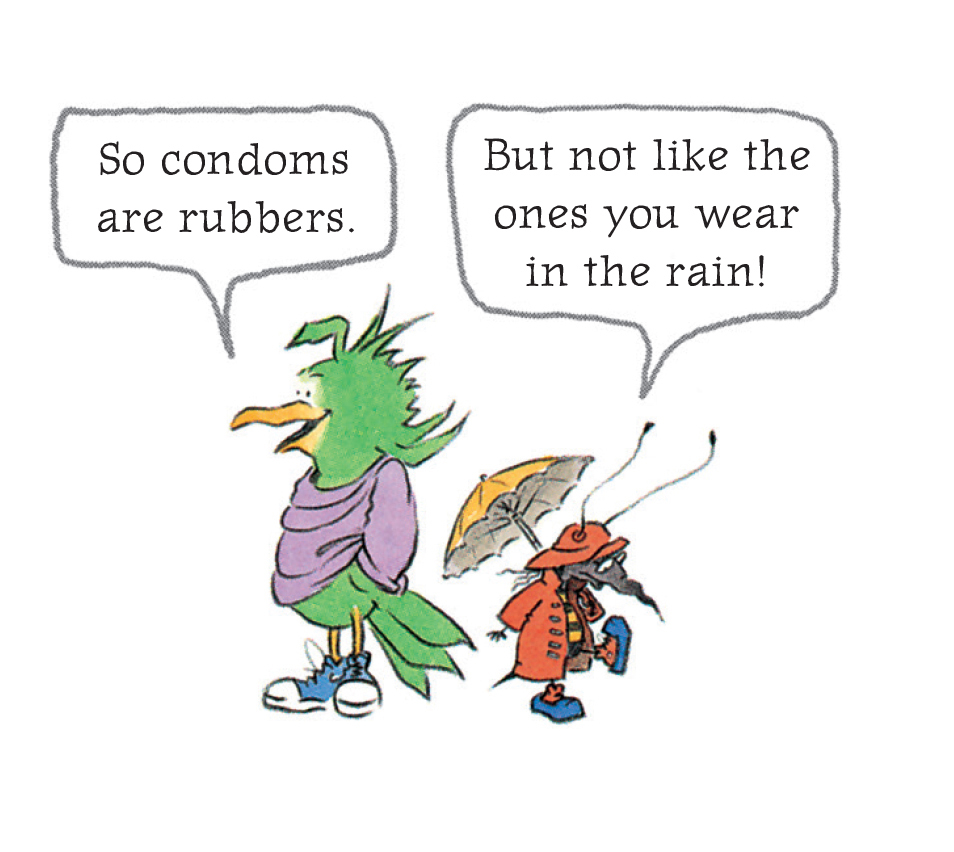PULP noun: A soft, wet, shapeless mass of material
PULPED verb: To crush into a soft, shapeless mass
A week into the international controversy over the removal and planned destruction—PULPING—of three children’s picture books by the National Library of Singapore, I read the headline Singapore halts pulping of ‘pro-gay’ books. The article reported that two of the books, AND TANGO MAKES THREE and THE WHITE SWAN EXPRESS, would remain in the libraries and moved to the adult section, but that one book, WHO’S IN MY FAMILY? All About Our Families, had already been destroyed. That is a book I wrote and Nadine Bernard Westcott illustrated. My first thoughts: “This is wrong. What will this mean for the children and families of Singapore, who now may not have access to books that validate and respect the fact that in every community there is not one kind of family, but many kinds of families, including families that have a gay parent or gay parents.
My next thoughts: “Destroyed! Pulped!” I am not a newcomer to having books I write cause controversy. The books on sexual health that I wrote and Michael Emberley illustrated—IT’S PERFECTLY NORMAL, IT’S SO AMAZING! and IT’S NOT THE STORK!—have been challenged, banned, removed, and stolen from libraries. In one U.S. community, Xeroxed pages of IT’S PERFECTLY NORMAL were set on fire as adults and children watched them burn. The image of children watching what Michael and I created being destroyed angered me because of its message to children: “If you don’t like something, destroy it.” My message: “If you don’t want to read a book I wrote, that is your right. But if another person wants to read that book, they must have the right to do so.”
Yet, when I read the word PULPED in the news and heard that all three of the books Michael Emberley and I created had already been PULPED in Singapore, along withWHO’S IN MY FAMILY?, I began to question what I had created. No matter how many times this has happened, when it is the book that I wrote that is causing controversy, it gets me “in the gut.” I have a “sick uncomfortable feeling” in the pit of my stomach as I ask myself over and over, “Why do I write books that cause such controversy and cause so many wonderful individuals to spend so much time defending these books, often in hostile settings?”
Finally, I take a deep breath. And I know why I wrote these books and why I continue to write the books I am working on now. I write nonfiction books for young children, kids, and teens because in some small way I hope they will find them useful, reassuring, interesting, and at times humorous, and also might help them to stay emotionally and physically healthy by giving them honest, accurate, up-to-date, and age-appropriate information. I write picture books because I hope that in some small way the stories I create will help young children feel they are not alone as they try to make some sense of the amazing, diverse, and often confusing and scary world they live in. Once, I remind myself of all that, I feel better.
But I never get used to hearing there’s a challenge to one of my books. I never stop worrying about those children in this country or around the world who may not have access to books—fiction or nonfiction—they need, seek, or come across by happenstance, or books in which they can find not only themselves, but also their very own families. And even though some of my books have been PULPED, I’m still writing.
NCAC honors Robie H. Harris at its FREE SPEECH MATTERS 40th Anniversary Celebration on November 3.
Illustration by Michael Emberley from It’s Perfectly Normal. Copyright (c) 1994, 2004, 2009 and 2014 by Bird Productions, Inc. Reproduced by permission of the publisher, Candlewick Press, Somerville, MA.

